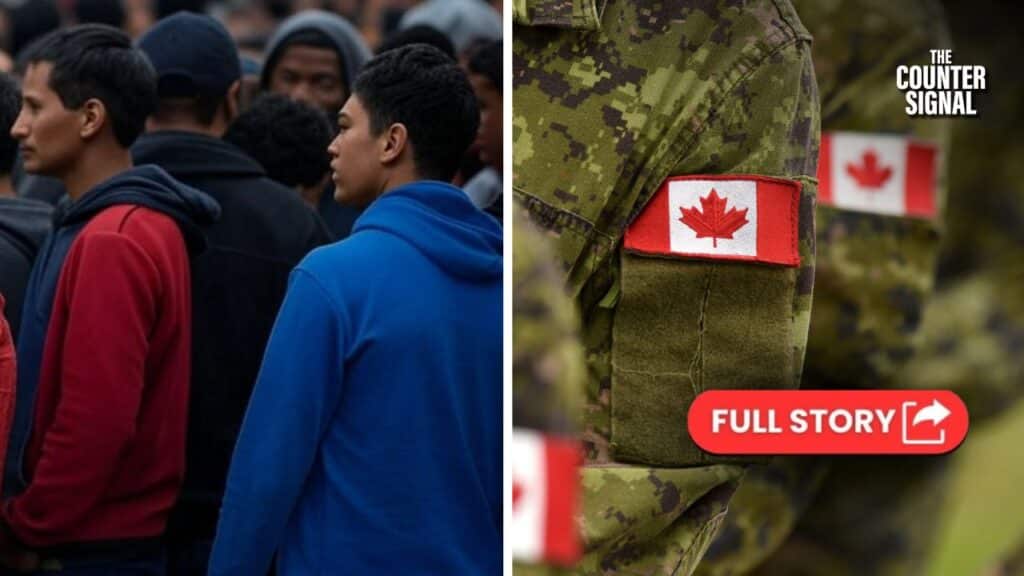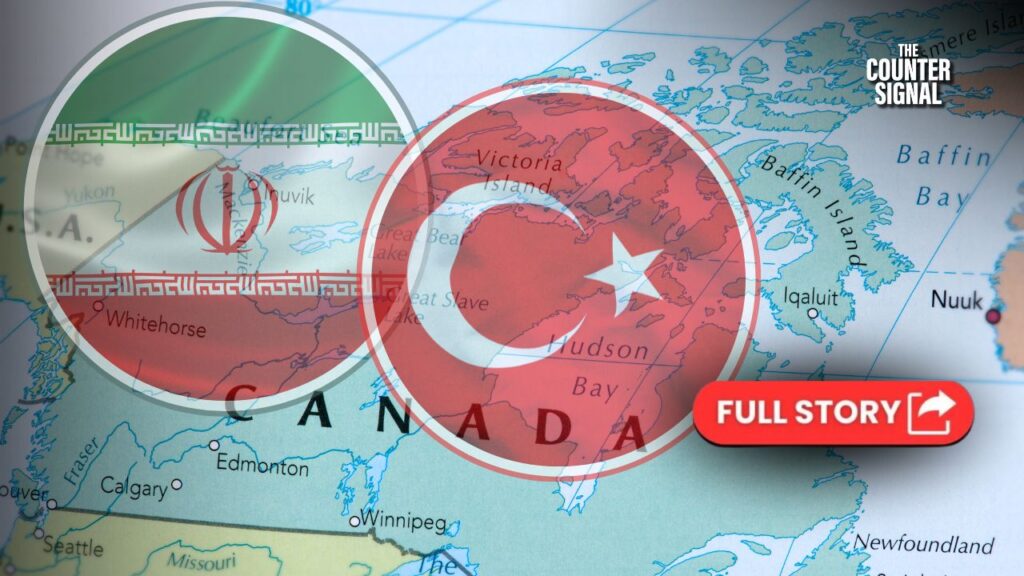With immigration and refugee numbers up under the Trudeau Liberals, food banks are increasingly experiencing clients who refuse donated canned foods.

One in four food bank clients in Alberta now identify as immigrant, refugee, or as an ethnic minority, Global News reports.
One food bank called The Umoja centre serves 200 families that come from 49 different countries.
“If you give them canned food, they have no idea how to make that,” said Elizabeth Onyango, University of Alberta public health professor.
“At the end of it all, they throw it away.”
One non-profit group has even started to turn away donations of canned food because immigrants are refusing them. Some non-profit groups have filled the gap by delivering “specialized” deliveries to families in need.
Food Banks Alberta CEO Arianna Scott says food banks have been diversifying their stock to account for cultural sensitivities for years. However, she acknowledges there’s been an uptick in demand for items that Canadians aren’t donating.
“It’s a supply chain that is often inconsistent and particularly challenging for our rural member food banks,” she said.
The 2022 prediction for food price increases was 5% to 7%. However, 2022 actually saw food prices increase by over 10%.
Last year, Canada’s Food Price Report anticipated that families will need to spend an additional $1,065 on food in 2023. The average Canadian family of four is estimated to have spent $15, 200 on groceries in 2022.
The Hunger Count, a non-profit organization, reports that nearly 1.5 million Canadians visited the food bank in 2022, at least 485,000 of which were children.









